
In December 1989, Romanians regained their right to politics
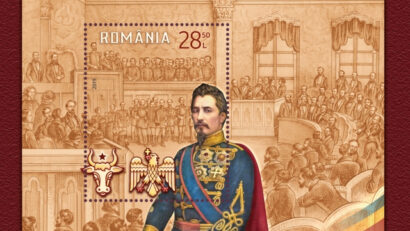
Alexandru Ioan Cuza was the first ruler of the united principalities of Moldavia and Wallachia.
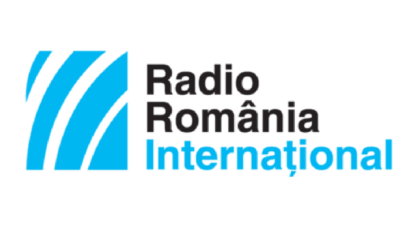
One of the achievements the communist regime was most proud of was the eradication of illiteracy.

State security in Communist states shared a common structure and evolution

Lascar Catargiu was one of the most important political figures of the 19th century. He was the descendant of a rich noble family of Moldavia, and...

Medieval warrior monastic orders were set up to spread Christianity, but also to defend or take back territory in the face of Muslim conquest

Set up on August 30, 1948, by Decree 221, the General Department of State Security, known as the Securitate, was the essence of the countrys repressive communist system.
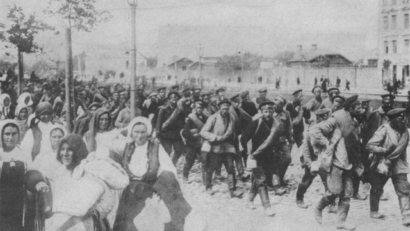
At the end of WWI, Romania stood on the winning side, but faced difficulties

On December 1, 1918, Transylvania united with the Kingdom of Romania, laying the groundwork for Greater Romania. Thousands of Romanians gathered in...
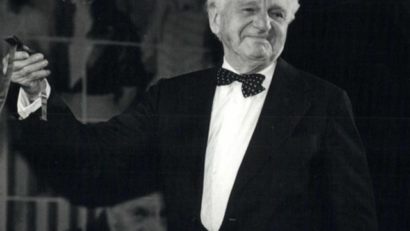
Politician Ion Ratiu was one of the role models for Romanian society as it was beginning to rebuild democracy in 1990
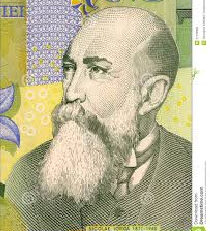
In a 2006 contest organized by the public television, Nicolae Iorga came in 17th out of 100 personalities most admired by Romanians

After 1989 Romania opened up a new chapter in its history

Communism settled in in Central and Eastern Europe in the same way, but, when it fell, it fell differently

On the 22nd of December 1989, at 12.08 am, Nicolae Ceausescu and his wife Elena were taking off by helicopter from the rooftop of the...
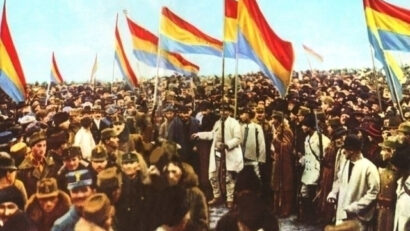
On 1 December 1918 the National Assembly of Romanians in Transylvania gathered in Alba Iulia
